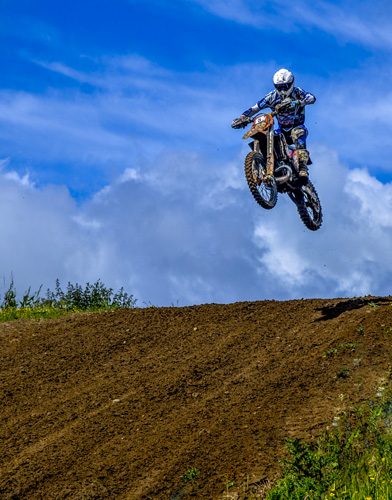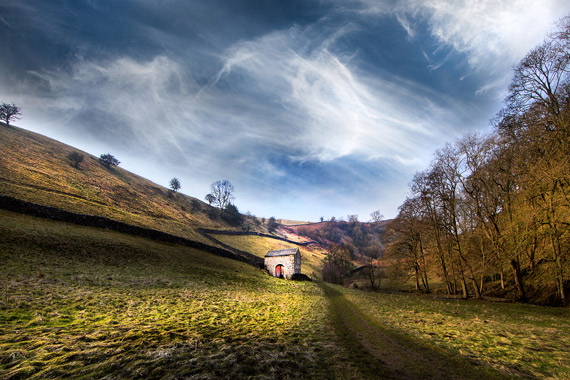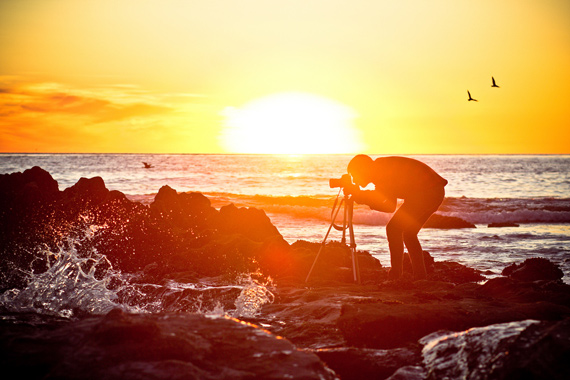So you want some digital photography tips that work quickly and are easy?
Well, it’s not that hard to start getting good at photography. It’s like playing an instrument. Anybody can get to a decent level, but those who are very dedicated and put their natural talent to use are the ones who become great. I will try to show you how to become great.
The two keys for a beginner to start taking better shots are simple:
- Ultimate Control Over Your Camera and Equipment
- Compositional Expertise
Experts have these two down pat, and you as a beginner must try to develop these areas of expertise as best as you can. When expert photographers take photos, they spend very little time composing a shot. Instead, they focus their attention more on the message, the style, and what they want the photo to do to the viewer. That’s art!
Until you get to that level, master these two aspects of photography.
Technical Expertise
This may be the easiest part of photography. It’s kind of like math. You must understand what exposure, aperture, shutter speed, et cetera to use for proper exposure and such. If you don’t know what those terms mean, then you need to learn!
Basically, shutter speed controls the amount of time light is let into the camera. Aperture controls the size of the lens opening, which affects how much light is let in. So, when you take a photo, the camera lets light in a certain amount of time from a certain size opening.
Compositional Techniques
There are lots of compositional techniques, and honestly, a lot of them conflict with one another. The key is to use the compositional rules that work with your particular situation. For a sample, I’ll give you three powerful and easy-to-implement techniques:
1. Isolate. Beginners make the mistake of trying to photograph everything in a single shot. Don’t. Take a simple picture with a definite subject that anybody will understand as the main object of interest. If a viewer has to ask what to look at, you have a cluttered shot.

“Colorful Chamelion” captured by PictureSocial member Lonnie Williams
2. Avoid the Middle. People that take photos for “memories” take shots dead center. You want photos that look nice, thus, you’re going to want to use the rule of thirds. Simply stated, it says to avoid placing your subject in the middle of the frame. Place the subject to the left or the right, top or bottom.

“Moto Cross” captured by PictureSocial member Pat Kehoe
3. Use Lines. Many different compositional tips fall into this category. Use lines to lead to the subject of interest. This can add more impact to the subject. For example, have lines on a road lead to a car far ahead. Also, you can use lines to set the mood. Vertical lines make shots look fast-paced, whereas horizontal lines make for relaxing shots.

“Time to Say Goodbye” captured by PictureSocial member David Hobcote
This was just a brief touch on the tips and techniques out there for taking awesome shots. The ultimate advice for photography success, however, is one you are going to hate hearing — practice! Overstated, but true.
About the Author:
Al Sanchez from phototechniques.info, shows others how to open their eyes to the breathtaking photo opportunities all around them.
Go to full article: The 2 Things Beginner Photographers Should Learn First
What are your thoughts on this article? Join the discussion on Facebook
Article from: PictureCorrect
The post The 2 Things Beginner Photographers Should Learn First appeared first on PictureCorrect.
